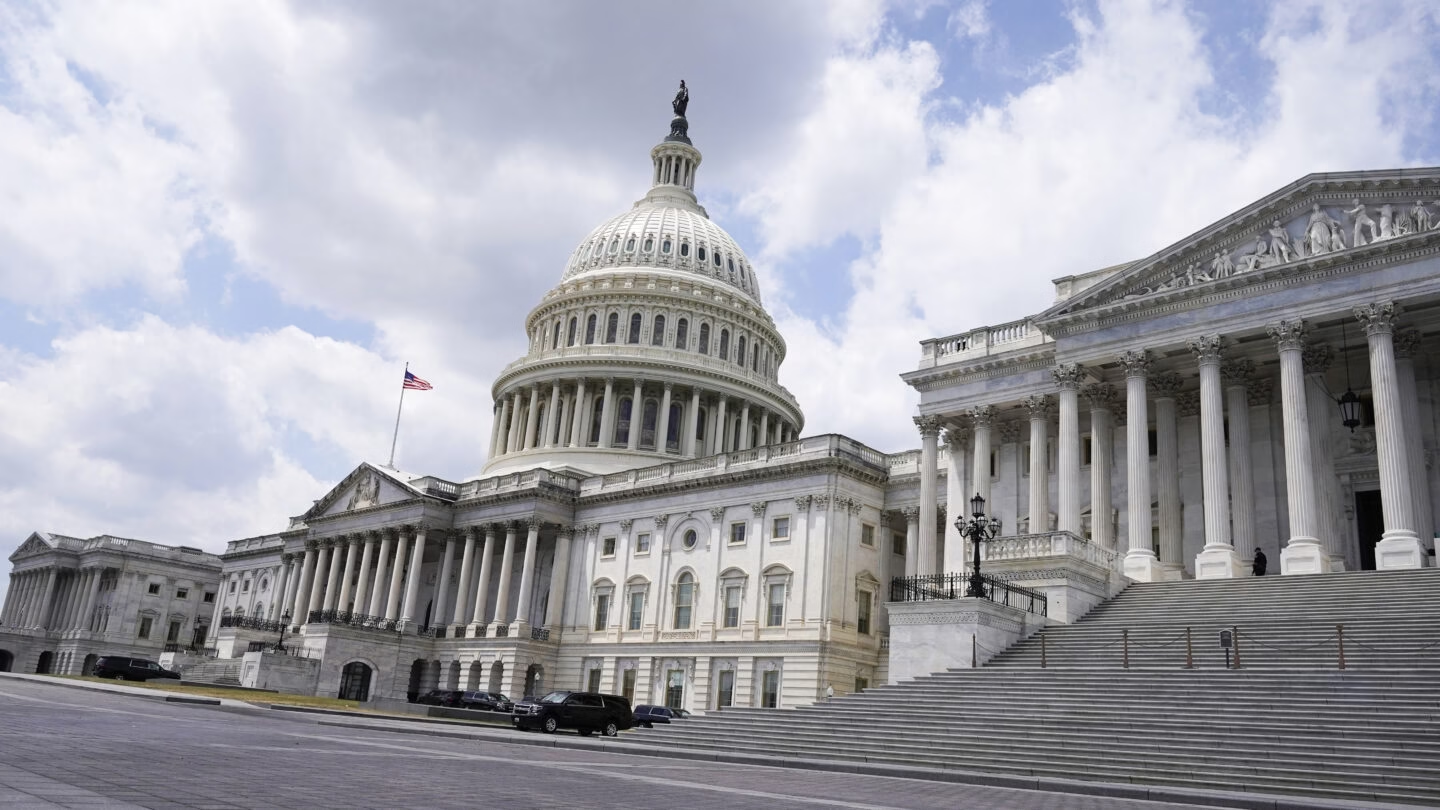WASHINGTON — Low-income families could lose thousands of dollars in annual income while wealthier households would gain significantly under new tax and budget proposals backed by congressional Republicans, according to a new report from the Urban Institute, a Washington, D.C.-based think tank.
The analysis assumes the extension of temporary provisions from the 2017 Tax Cuts and Jobs Act, signed under former President Donald Trump, along with deep cuts to Medicaid and the Supplemental Nutrition Assistance Program (SNAP), commonly known as food stamps.
Families with a modified adjusted gross income below $10,000 would see their net income fall by more than $2,700 — a nearly 15% reduction. Those earning between $10,000 and $20,000 would lose over $800, or roughly 4.4%, while those in the $20,000 to $30,000 range would face an average loss of $400, or 1.5%.
By contrast, wealthier families stand to gain from the extension of tax cuts, especially from the expanded child tax credit. Households making between $75,000 and $100,000 would see an average increase of $1,220 in after-tax, after-transfer income, while those earning between $100,000 and $200,000 would gain $2,360. The biggest windfall would go to families making over $200,000 — an estimated $13,200 increase.
The report notes that the analysis does not account for other potential tax changes that might be included in a future reconciliation bill.
These estimates come amid ongoing negotiations in Congress over a sweeping budget package aimed at advancing Trump’s legislative priorities. A major component of the plan involves making his 2017 tax cuts permanent — a move that would slash federal revenue by $4.5 trillion over the next decade, according to the Tax Foundation.
Medicaid, which provides healthcare coverage to more than 70 million low-income Americans, is a focal point of the debate. Proposed cuts totaling $880 billion have drawn criticism from Democrats and some Republicans alike.
Sen. Josh Hawley, R-Mo., voiced concern in a May 12 New York Times op-ed, warning that cuts would threaten healthcare access for working families.
“If Congress cuts funding for Medicaid benefits, Missouri workers and their children will lose their health care. And hospitals will close. It’s that simple. And that pattern will replicate in states across the country,” Hawley wrote.
House Republicans unveiled a proposal late Sunday that includes stricter work requirements and more frequent eligibility checks for Medicaid recipients.
Rep. Frank Pallone, D-N.J., a member of the House Energy and Commerce Committee, sharply criticized the plan.
“This is not trimming fat from around the edges, it’s cutting to the bone,” Pallone said. “The overwhelming majority of the savings in this bill will come from taking health care away from millions of Americans. Nowhere in the bill are they cutting ‘waste, fraud, and abuse’ — they’re cutting people’s health care and using that money to give tax breaks to billionaires.”



